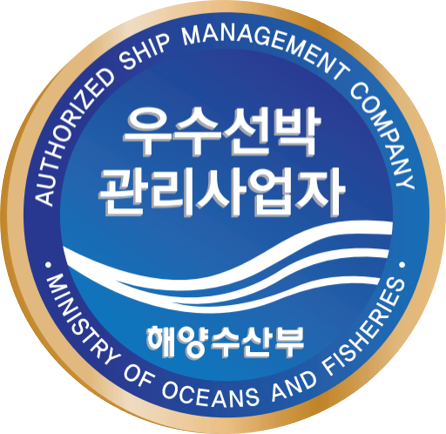Ships sailing in Nigerian waters should maintain their AIS
페이지 정보
작성자 최고관리자 댓글 0건 조회 1,635회 작성일 20-11-17 18:31본문
Ships sailing in Nigerian waters should maintain their AIS
Gard issued a safety _alert_, urging ships sailing in Nigerian waters to maintain their automatic identification systems (AIS) in operation at all times.
To remind, the objective of AIS is to enhance the safety of life at sea, the safety and efficiency of navigation and the protection of the marine environment.
By providing information about the ship to other ships and to coastal authorities automatically, the system can be used to assist in collision avoidance decision-making, target tracking, search and rescue operations, etc.
AIS is a two-way street when it comes to piracy.
While information broadcasts through AIS will enhance safety and situational awareness, the same information could easily be collected by pirates and used to spot ships coming within range. Pirates could even look at the ship information to see whether valuable cargos are being carried.
Because of this security concern, the IMO amended its AIS guidelines in 2003 to allow ship masters to switch off the AIS in specific areas where the threat of attack by piracy or terrorists are imminent.
However, even if switching off the AIS under such circumstances may seem like a sensible precaution, it is not considered as a best management practice (BMP) to prevent piracy attacks.
In light of the situation, ship operators should make note of the above and ensure their masters are aware that Nigerian authorities may take punitive measures against ships that do not comply with the country’s AIS requirements.
According to Gard, although switching off the AIS when operating in waters where piracy is a risk may seem like a sensible precaution, doing so may constitute a breach of national regulations as well as the SOLAS Convention. It can also heighten the risk of collision, damage to other ships, pollution and loss of seafarers’ lives at sea.
As general advice, we recommend Members and clients with vessels operating in piracy prone areas to monitor the situation, e.g. via the website of the IMB Piracy Reporting Centre, and by staying in close contact with their local agents and regional authorities. A risk assessment should be conducted and the relevant preventive measures adopted, following available industry guidelines.
...Gard noted.




